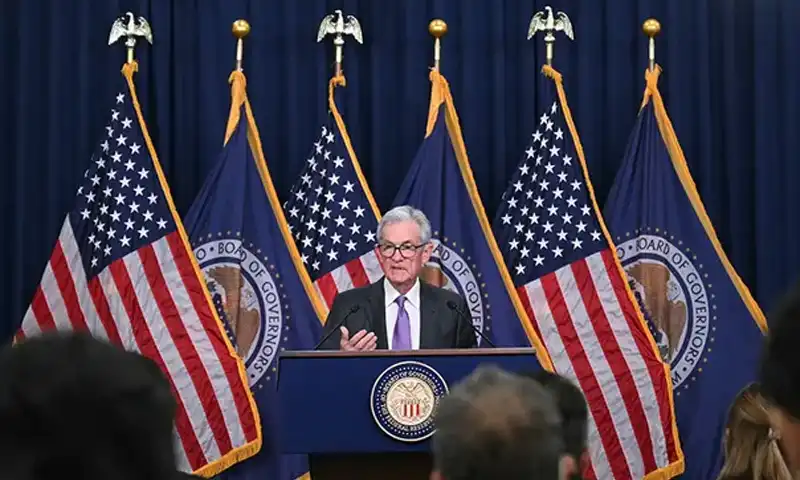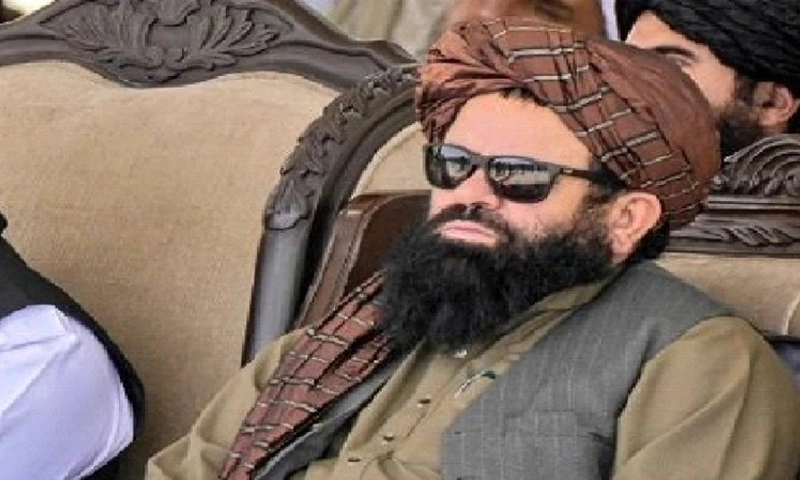- Reuters
- 58 Minutes ago

5 per cent Muslim representation in Indian Lok Sabha only
-

- Web Desk
- Jun 09, 2024

DELHI: Muslims comprise 14 per cent of India’s population and yet hold less than 5 per cent representation in the lower house of Indian parliament called Lok Sabha.
Only 24 out of 78 Muslim candidates in the recent general elections succeeded in securing seats as Members of Parliament (MPs), despite 14 of these victories occurring in constituencies with Muslim majorities.
Read more: India elections: Race reaches a divided New Delhi
All successful Muslim candidates belong to the opposition alliance Indian National Developmental Inclusive Alliance (INDIA). Meanwhile, in the 2019 general election, 26 Muslim candidates were elected as MPs.
In the recent Lok Sabha election, the hardliner ultra-Hindu nationalist Bharatiya Janata Party (BJP) formed an alliance with fellow right-wing party National Democratic Alliance (NDA). This helped them clinch the required seats to form the government, ensuring Narendra Modi’s third term as prime minister.
However, the opposition alliance INDIA significantly challenged Modi’s mandate, securing 234 Lok Sabha seats.
The representation of Muslims in the Lok Sabha witnessed a slight decline compared to previous years. Out of the 543-member Lok Sabha, only 24 Muslim candidates secured seats. This marks a decrease from the 26 elected in the 2019 elections.
Despite Muslims constituting 14 per centof India’s population, their parliamentary representation remains disproportionately low.
The winning Muslim lawmakers predominantly belong to opposition parties or contested as independents. Notable parties include the Congress party, with seven Muslim MPs, followed by the All India Trinamool Congress with five, and the Samajwadi Party with four.
Other parties, such as the Indian Union Muslim League, the National Conference, and the All India Majlis-e-Ittehadul Muslimeen, also secured seated in the parliament.
Read more: India election 2024: What lies ahead for the new government?
There is also the issue of Muslim women representation, which is extremely low. Less than two out of the 24 Muslim MPs elected are women.
Despite the decline in the number of Muslim representatives compared to previous elections, 31 per cent of Muslim candidates that won a seat, compared to 23 per cent in 2019.




